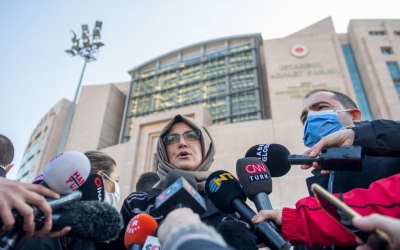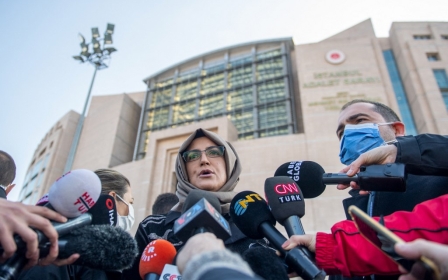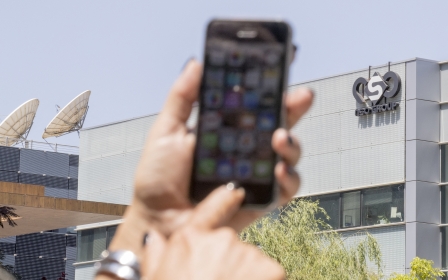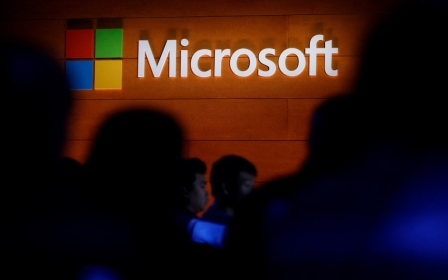Pegasus: Amazon 'shuts down cloud infrastructure' linked to Israel's NSO Group
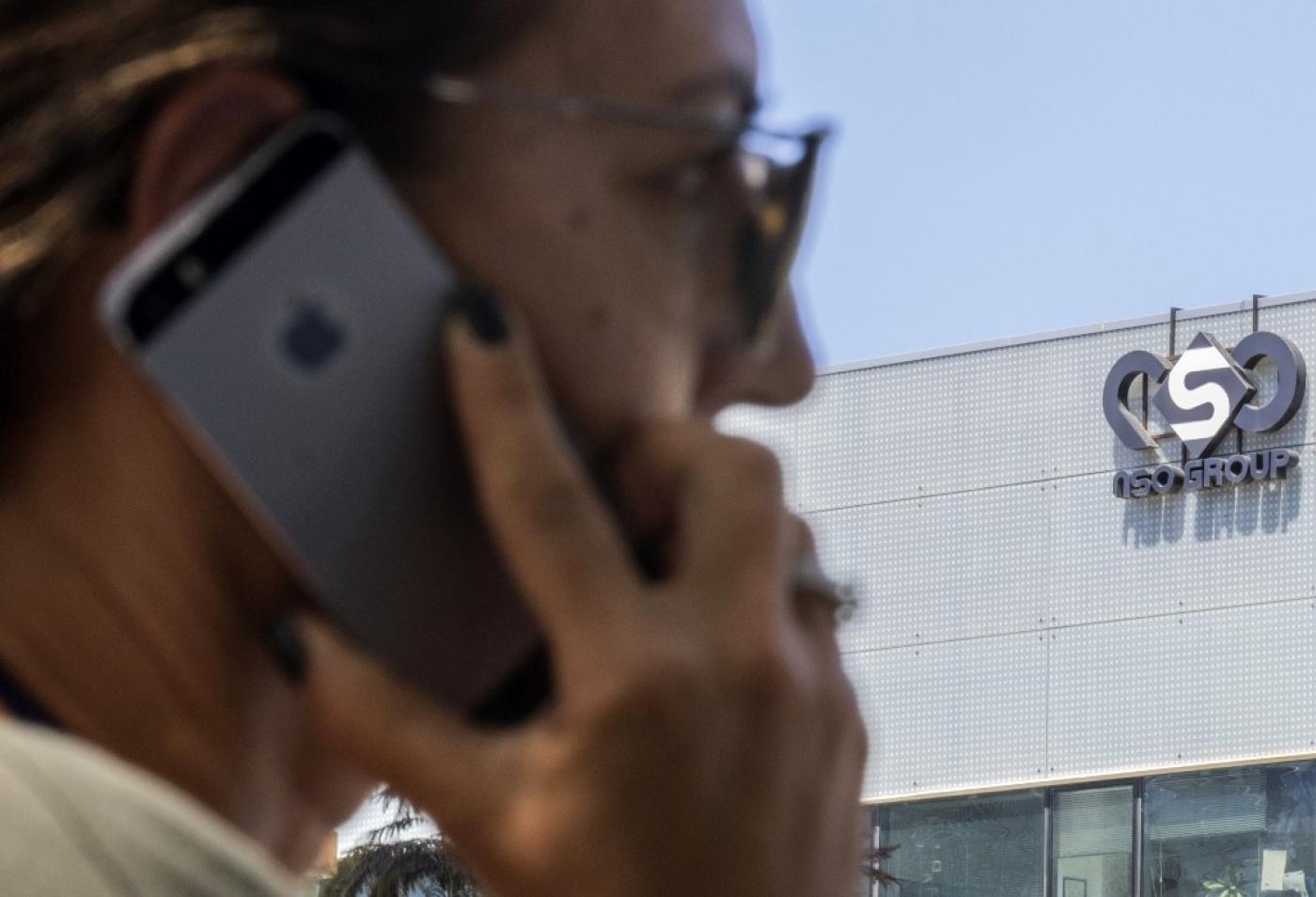
Amazon Web Services, the US company's cloud service, has shut down infrastructure and accounts linked to Israel's NSO Group, according to US media group Vice, amid calls for a crackdown on the surveillance vendor.
NSO Group's spyware was used in attempted and successful hacks of smartphones belonging to journalists, government officials and human rights activists around the world, according to information published on Sunday.
New MEE newsletter: Jerusalem Dispatch
Sign up to get the latest insights and analysis on Israel-Palestine, alongside Turkey Unpacked and other MEE newsletters
The report by Forbidden Stories, a French NGO, was based on an investigation into leaked data in collaboration with Amnesty International and other media organisations.
NSO Group denied the report and said its product was intended only for use by government intelligence and law enforcement agencies to fight terrorism and crime.
"When we learned of this activity, we acted quickly to shut down the relevant infrastructure and accounts," an Amazon spokesperson said in a statement on Monday.
Amazon did not immediately clarify to Reuters if the accounts were related to NSO Group.
Around 50,000 individuals targeted
Those reportedly targeted using NSO Group's Pegasus software programme included Hatice Cengiz, the fiancee of murdered Saudi journalist Jamal Khashoggi; Roula Khalaf, the Lebanese-born editor of the Financial Times newspaper; and Hicham Mansouri, a Paris-based Moroccan investigative journalist.
The latest allegations about the widespread use of Pegasus by government clients, reported to include Saudi Arabia, the UAE, Bahrain and Morocco, follow the leaking of a list of mobile telephone numbers which appeared to be a list of about 50,000 individuals targeted by the software.
They include heads of state, human rights activists, political opponents, lawyers, diplomats and journalists, according to Forbidden Stories.
The investigation, known as the Pegasus Project, involved 80 journalists from 17 media outlets in 10 countries, Forbidden Stories said.
'Exporting weaponry'
Israel's Haaretz newspaper reported that the country's defence ministry said on Monday that Israel approves the export of cyber products "exclusively to governmental entities, for lawful use, and only for the purpose of preventing and investigating crime and counter-terrorism".
"In cases where exported items are used in violation of export licenses or end use certificates, appropriate measures are taken," the ministry said, without elaborating.
Earlier on Monday, Israeli Health Minister Nitzan Horowitz, the head of the Meretz party and a member of Israeli Prime Minister Naftali Bennett's security cabinet, told journalists he would meet Defence Minister Benny Gantz on Thursday to discuss exports by NSO Group.
Speaking during a televised Meretz faction meeting, lawmaker Mossi Raz called on the party to demand that Israel halt NSO exports, which he likened to "exporting weaponry, which is forbidden to non-democratic countries".
Middle East Eye delivers independent and unrivalled coverage and analysis of the Middle East, North Africa and beyond. To learn more about republishing this content and the associated fees, please fill out this form. More about MEE can be found here.


